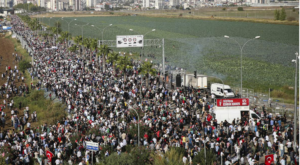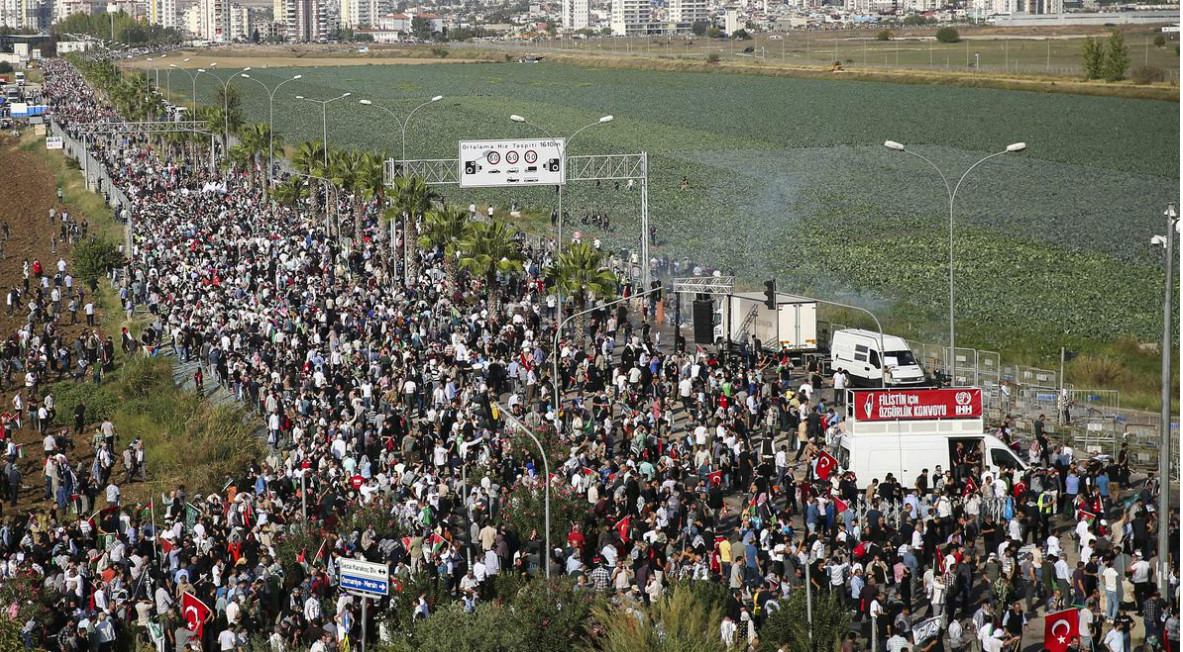The Story of Indian-Origin Princeton Student Arrested in Anti-Israel Protests
An Indian-origin student at Princeton University, Achinthya Sivalingan, along with another student, Hassan Sayed, made headlines for their involvement in pro-Palestine protests on campus. This incident sparked discussions about campus policies, student activism, and the broader geopolitical tensions surrounding the Israeli-Palestinian conflict.

Background of the Incident
Achinthya Sivalingan, a Tamil Nadu-born graduate student pursuing a Masters in Public Affairs in International Development, and Hassan Sayed, a PhD candidate at Princeton, were arrested for trespassing during a protest encampment. The protesters had set up tents in a university courtyard, leading to their immediate arrest and barring from the campus premises.
Response from Princeton University
University spokesperson Jennifer Morrill clarified that the students were repeatedly warned to cease their activities and leave the area by the Department of Public Safety. Despite these warnings, the students continued, resulting in disciplinary action and their subsequent arrest.
Campus Policies and Student Activism
The incident raises questions about the boundaries of student activism on college campuses. While universities encourage free speech and peaceful demonstrations, actions that violate campus policies, such as setting up unauthorized encampments, can lead to legal consequences.
Perspectives on the Arrest
Some members of the Princeton community, including students and faculty, expressed support for the protesters, viewing their actions as a form of peaceful protest against perceived injustices. However, others criticized the protesters’ methods, citing concerns about disruption and non-compliance with university regulations.
Also Read: Unprecedented protests raise concerns and tensions at Oakland Port
National and Global Impact
The arrest of these students is part of a broader wave of pro-Palestine protests that have swept across top universities in the United States. These demonstrations reflect growing international concern over the situation in Gaza and calls for universities to divest from companies associated with the conflict.
Conclusion
The case of Achinthya Sivalingan and Hassan Sayed at Princeton University underscores the complex intersection of student activism, campus policies, and global geopolitical issues. As discussions continue, it remains essential for universities to balance the principles of free speech with the need to maintain a safe and orderly campus environment.

